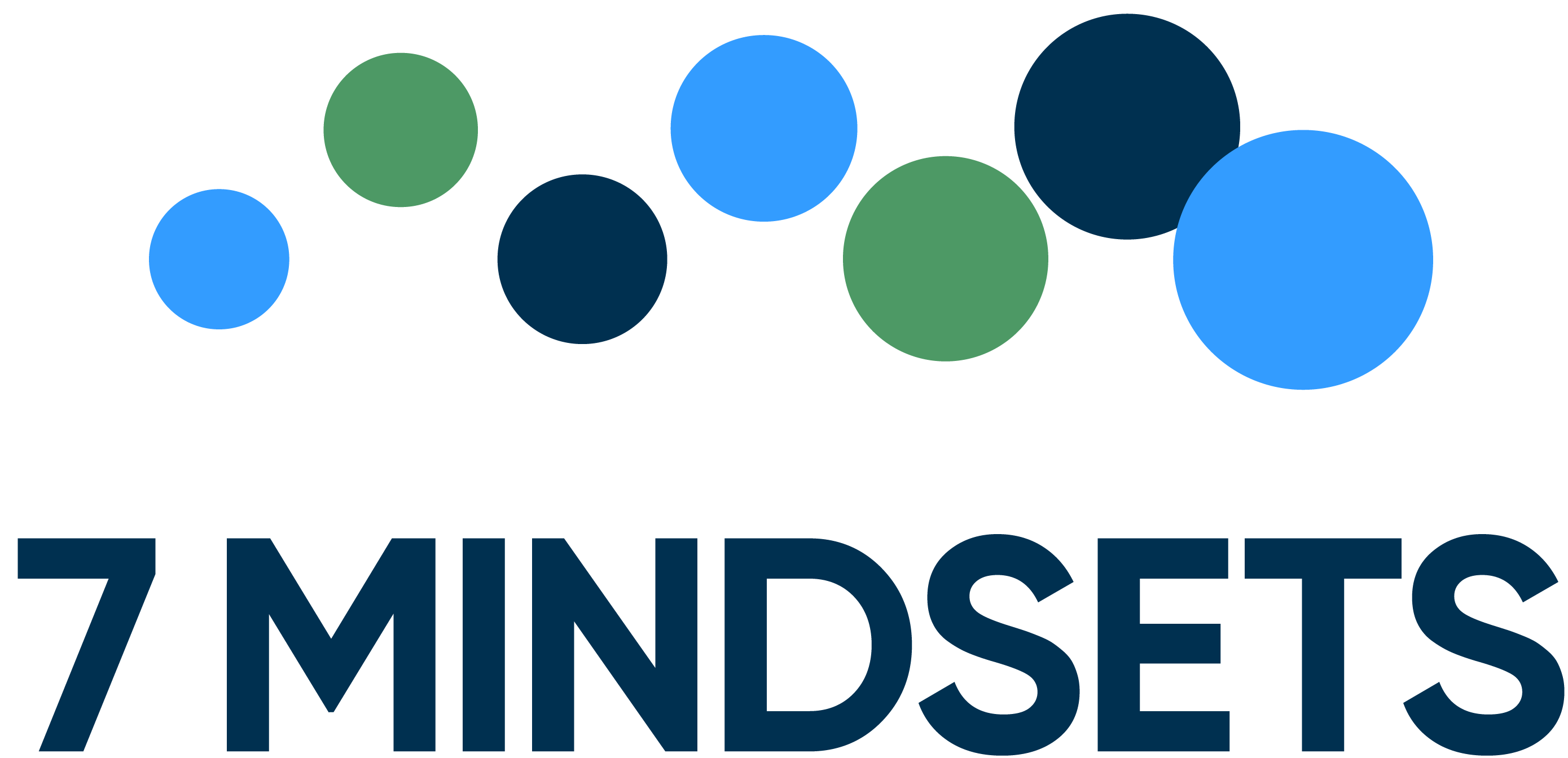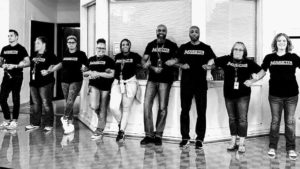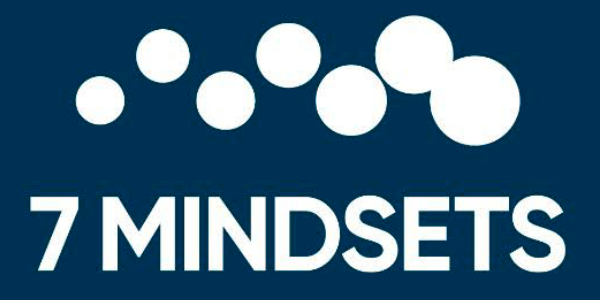Tracey Smith – Principal, Brookwood Elementary, Forsyth County Schools, Forsyth GA (@TBSmith01)
Jeff Waller – VP Education, 7 Mindsets, Atlanta GA (@JeffMWaller)
If we could improve one thing in education, what would it be? What is the one thing that would make everything else better?
Whether in the classroom or virtual, education is ultimately only as good as its educators in the moments they are working with our children. Everything we do from bussing them in, feeding them, and training our teachers is about optimizing these interactions. To maximize these moments we must understand, it takes the “Whole” educator to teach the “Whole” child.
So, how do we empower every teacher to be the most authentic and powerful version of themselves? We must create an environment where every educator can thrive. It is the path to sustained cultural transformation, and it starts with the adult relationships in your building. It is through these relationships where educators find courage, become engaged, confident, and comfortable. Most importantly, it is where they can inspire every student to fulfill their potential.
The last nine years, we researched extraordinary teams of educators that built great school cultures that stand the test of time. It culminated in the publishing of our book Ridiculously Amazing Schools, Creating a Culture Where Everyone Thrives. The research identified 5 critical components that makes every educator courageous and powerful with their students.
- Belief – It is essential that we foster an environment that sees and compels the greatness in each other, which allows us to see greatness in ourselves. It is easy to be critical, to see and articulate what is not working. We need to flip the switch and create opportunities to recognize and celebrate what is going right. Be intentional to ensure every educator feels appreciated and significant.
- Clarity – Every educator must know what the “win” is and how their efforts are driving everyone towards collective victory. Leadership teams must find clarity, they must communicate and gain buy-in from all team members. It is so critical that we find common ground as a team. We can disagree on “how,” but we must be on the same page with the “why.” It is this common sense of purpose that allows us to disagree and move forward.
- Nurture – Great teams focus on two critical aspect of nurture. They have each other’s back and support one another. It is an environment in which they can fall down and make some mistakes. This allows them to innovate and take risks, leading to greater effectiveness. Secondly, they hold each other accountable. They understand that “a rising tide lifts all boats,” and their group success is dependent on everyone’s success individually.
- Conflict –Effective discourse is essential to any meaningful relationship and the source of innovation and growth. It is the folks we have gone to battle with that we ultimately honor and appreciate the most. It is the breeding ground of new ideas and effective compromise that moves everyone forward. The key is to learn how to talk to each other in a healthy, responsible manner without personal attack.
- Play – Some schools just have a “vibe.” There is an energy at all levels that is infectious. These are the schools we like to call ridiculously amazing. Our research shows that energy is deeply entrenched in a sense of play among the staff. Extraordinary schools have made a way to make the process of education fun. They do silly and entertaining things and have wonderful traditions. This creates more relaxed and joyous environments and fosters creativity growth at all levels.
It’s that simple. How are the adults in your building doing? This is the one thing that impacts every other part of education. Every class has a different personality and poses unique challenges; however, it is the collective energy of your team that forms the system and foundation so that every student can thrive wherever they are at. We cannot change the environment our team members and students are coming from, but we can transform the environment they are coming into.
We can find our courage and power with and through each other. If we can create supportive teams that hold each other accountable for collective growth, build clarity, and a common sense of purpose, then we can make every educator the most courageous and powerful version of themselves.
Follow Tracey on Twitter @TBSmith01
Follow Jeff on Twitter @JeffMWaller





